OU News
News from The Open University
- Home
- Category: Science, maths, computing and technology
Category: Science, maths, computing and technology
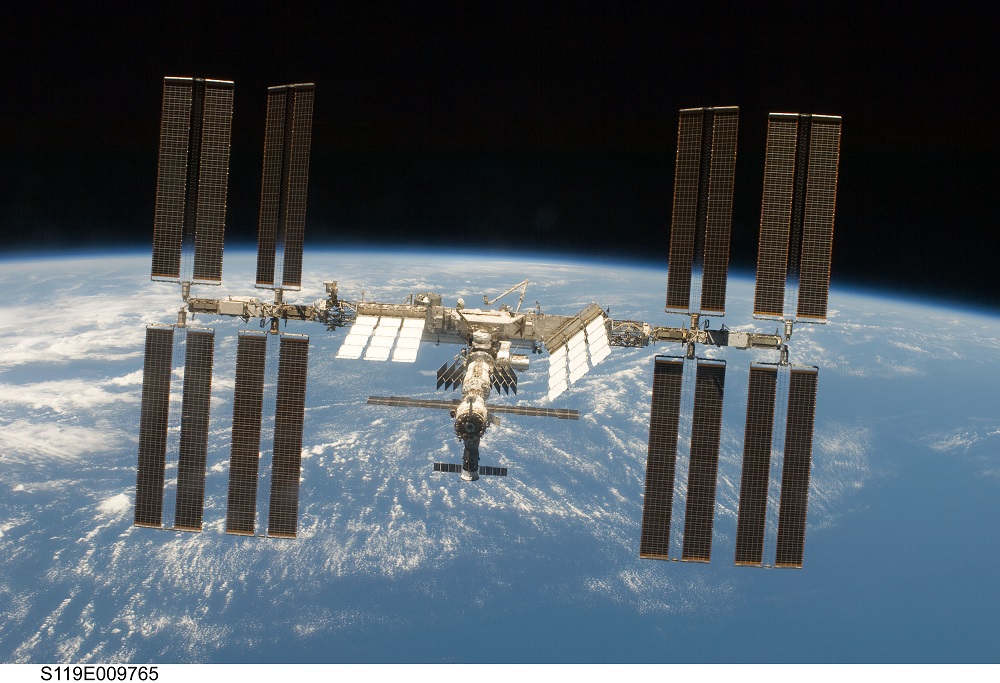
OU receives £6.7 million to expand Astrobiology research
The Open University (OU) has received £6.7 million to expand its Astrobiology Research Group to address fundamental questions about life beyond the Earth. The grant is awarded under Research England’s “Expanding Excellence in England (E3) 2019-2022”. The funding was announced today by Universities and Science Minister Chris Skidmore, as part of 13 government backed projects […]
Read more about OU receives £6.7 million to expand Astrobiology research
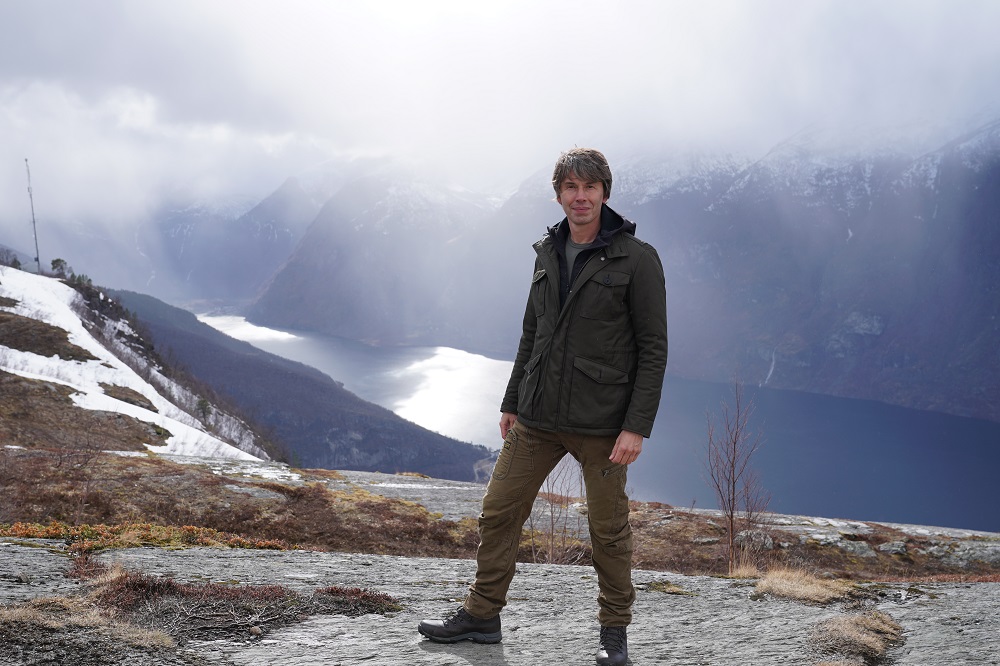
Spectacular series explores our Solar System
Presented by Professor Brian Cox, The Planets is a sumptuous look at the beauty and the grandeur of eight planets, told across five episodes, beginning with A Moment In The Sun.
Read more about Spectacular series explores our Solar System

The moon is still geologically active, study suggests
We tend to think of the moon as the archetypal “dead” world. Not only is there no life, almost all its volcanic activity died out billions of years ago. Even the youngest lunar lava is old enough to have become scarred by numerous impact craters that have been collected over the aeons as cosmic debris […]
Read more about The moon is still geologically active, study suggests

Appendix removal: does it really increase your risk of getting Parkinson’s disease?
Kevin McConway, The Open University writing for The Conversation. Recent scary press reports suggest that having your appendix out could triple your risk of getting Parkinson’s disease. Given that there is currently no cure for this neurodegenerative condition, people who have had their appendix out might be quite worried. But worrying, at this point, would […]
Read more about Appendix removal: does it really increase your risk of getting Parkinson’s disease?

To the moon and back – OU student Hannah on breaking boundaries
Hannah Sargeant spends her days exploring the universe. As a planetary scientist and PhD researcher at The Open University, Hannah, 26, is fulfilling her childhood dream by researching all corners of the solar system. During her career, Hannah has been involved with international research projects to support a series of missions to the Moon, ultimately supporting future […]
Read more about To the moon and back – OU student Hannah on breaking boundaries
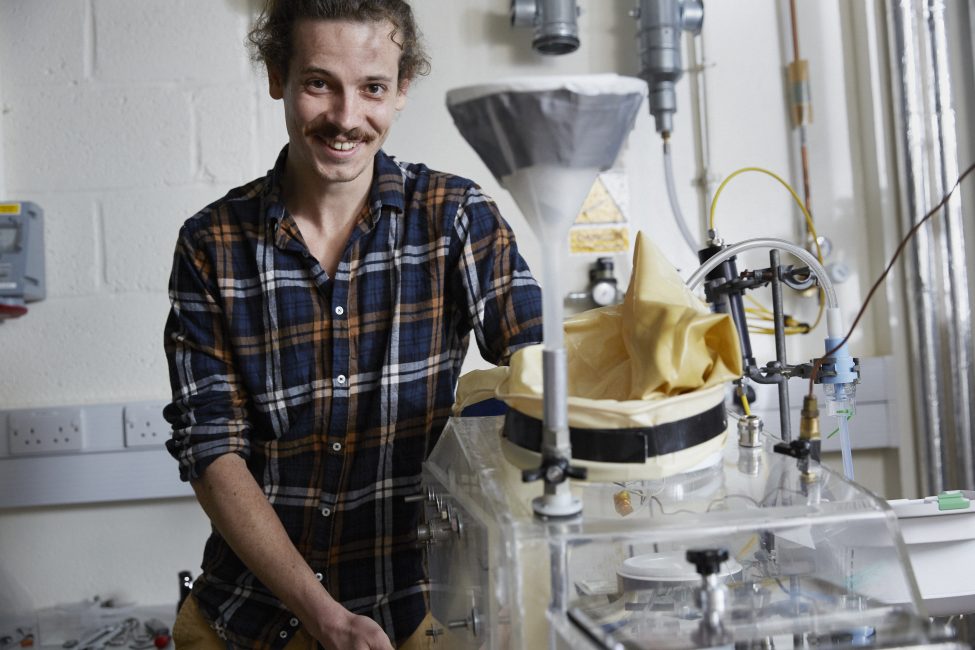
Shooting for the stars (and beyond)
How did the planets in our solar system come to be? This is just one of the questions PhD student Vincent Deguin, 28, and his fellow planetary scientists at The Open University are exploring. Vincent is working on pioneering research into the earliest stage of planet formation, building and testing equipment that will help to […]
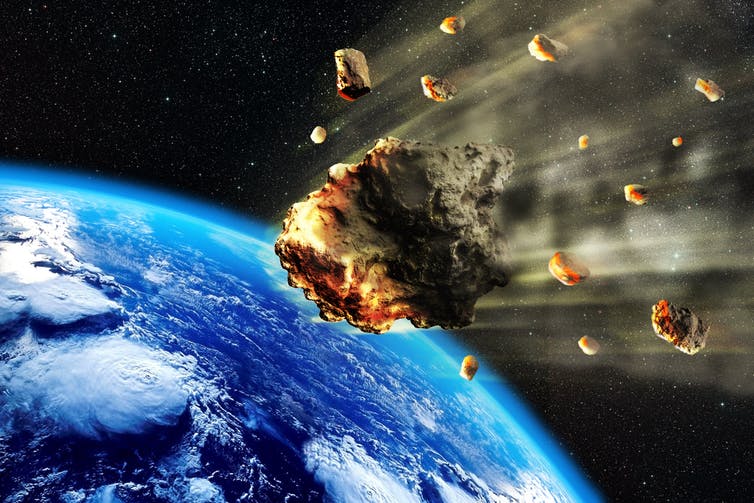
How did the Earth get its water? Asteroid sample gives a surprising answer
Monica Grady, The Open University writing for The Conversation. Water is essential for life on Earth and is one of our most precious natural resources. But considering how our planet formed, it is quite surprising how much water we still have. The Earth aggregated from a cloud of gas and dust – a protoplanetary disk […]
Read more about How did the Earth get its water? Asteroid sample gives a surprising answer
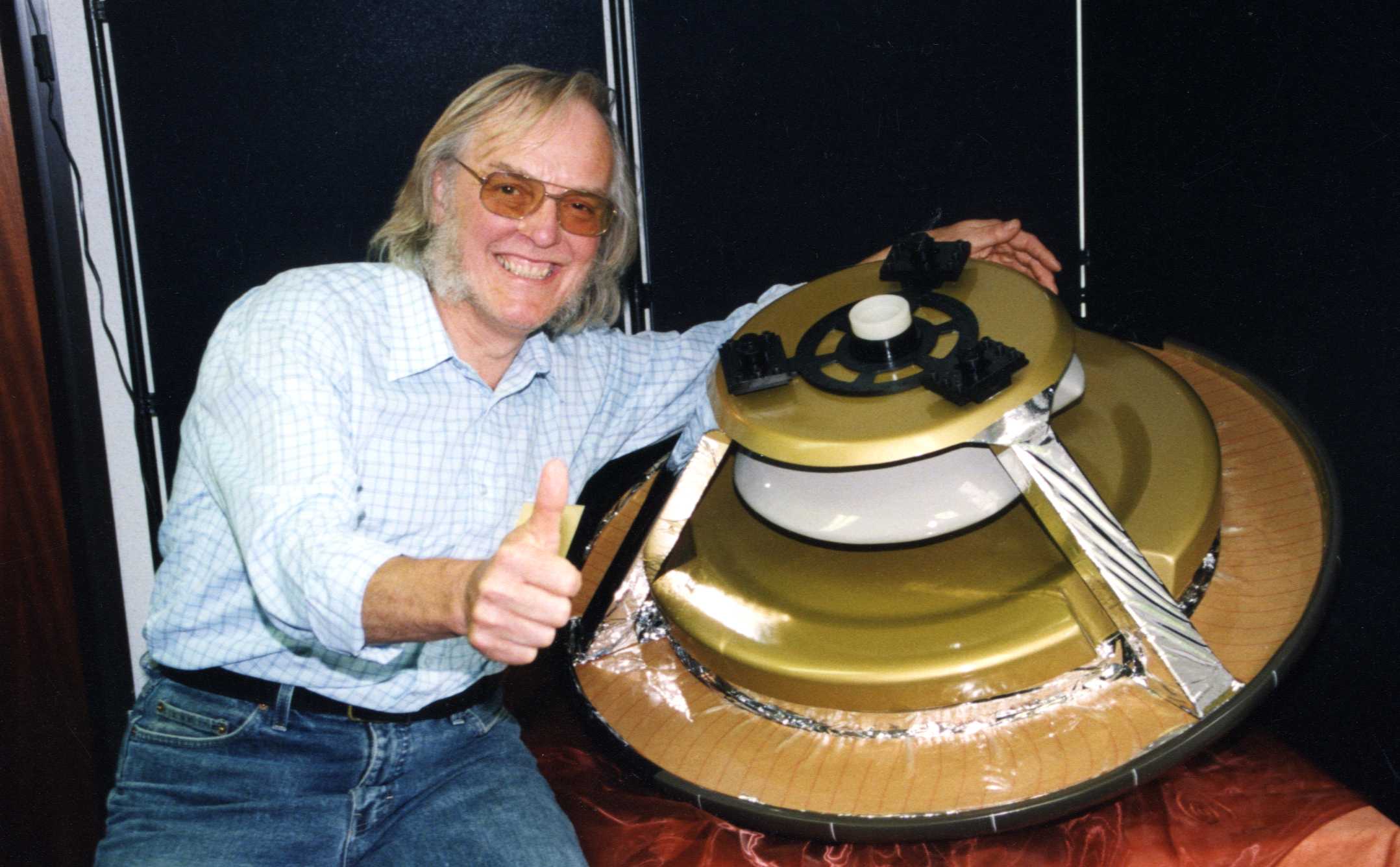
Spotlight on OU Research Projects at 50
As The Open University celebrates its 50 anniversary, we look back at some of the research projects which have shaped the course of OU research over the last 50 years. First ever landing on a comet The arrival of Professor Colin Pillinger (featured above) and his planetary science research group from Cambridge in 1983 – […]

Studying while serving overseas
Felix Asare-Donkoh, 30, joined the armed forces soon after completing his A-levels in Cardiff, but realised he was still keen to continue his education. Usually, this would mean leaving the army to study full-time, but by choosing to study with The Open University in Wales, Felix was able to study for his Bachelors in Engineering […]
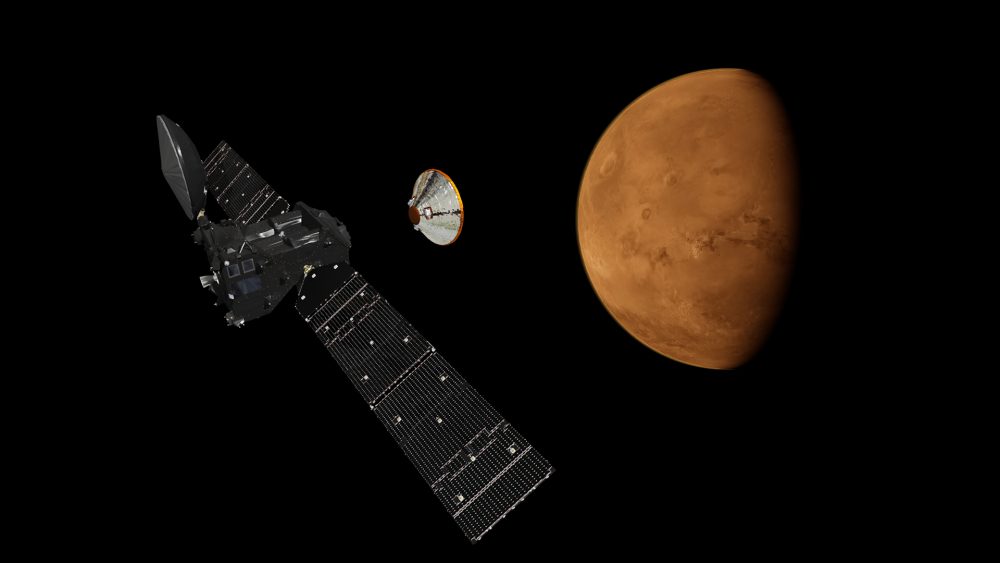
First results from Mars mission revealed
The first results from the ExoMars mission – which includes instruments led by The Open University – give new evidence in the debate over whether methane (a key indicator of life) exists on the Red Planet. The results, feature in two papers published in the journal Nature show a surprise lack of methane and also […]
Page 38 of 59